Should Yunus Emre’s 700-year-old ‘Divan’ be seized? Dispute over sale escalates in Türkiye
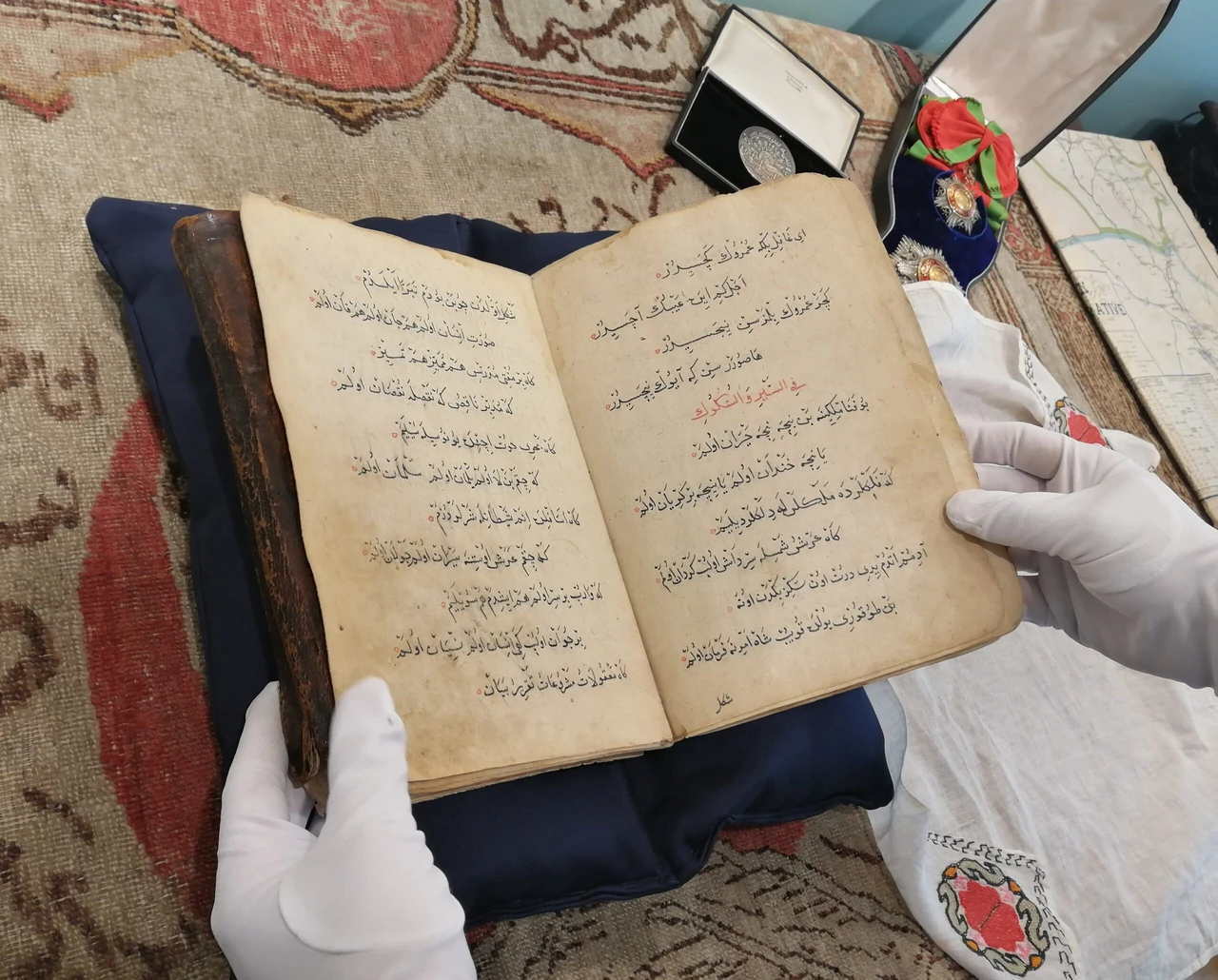 The 14th-century Karaman manuscript of Yunus Emre's Divan, November 16, 2024. (IHA Photo)
The 14th-century Karaman manuscript of Yunus Emre's Divan, November 16, 2024. (IHA Photo)
The announcement that the Karaman manuscript of Yunus Emre’s “Divan” will be up for auction has sparked heated debate.
Some have called for the Turkish Ministry of Culture and Tourism to seize the work, claiming it is a “foundation property” and should remain in public hands.
However, the auction house, Phebus Auction, denies any evidence of the manuscript being stolen, asserting that there is no legal claim to its ownership.
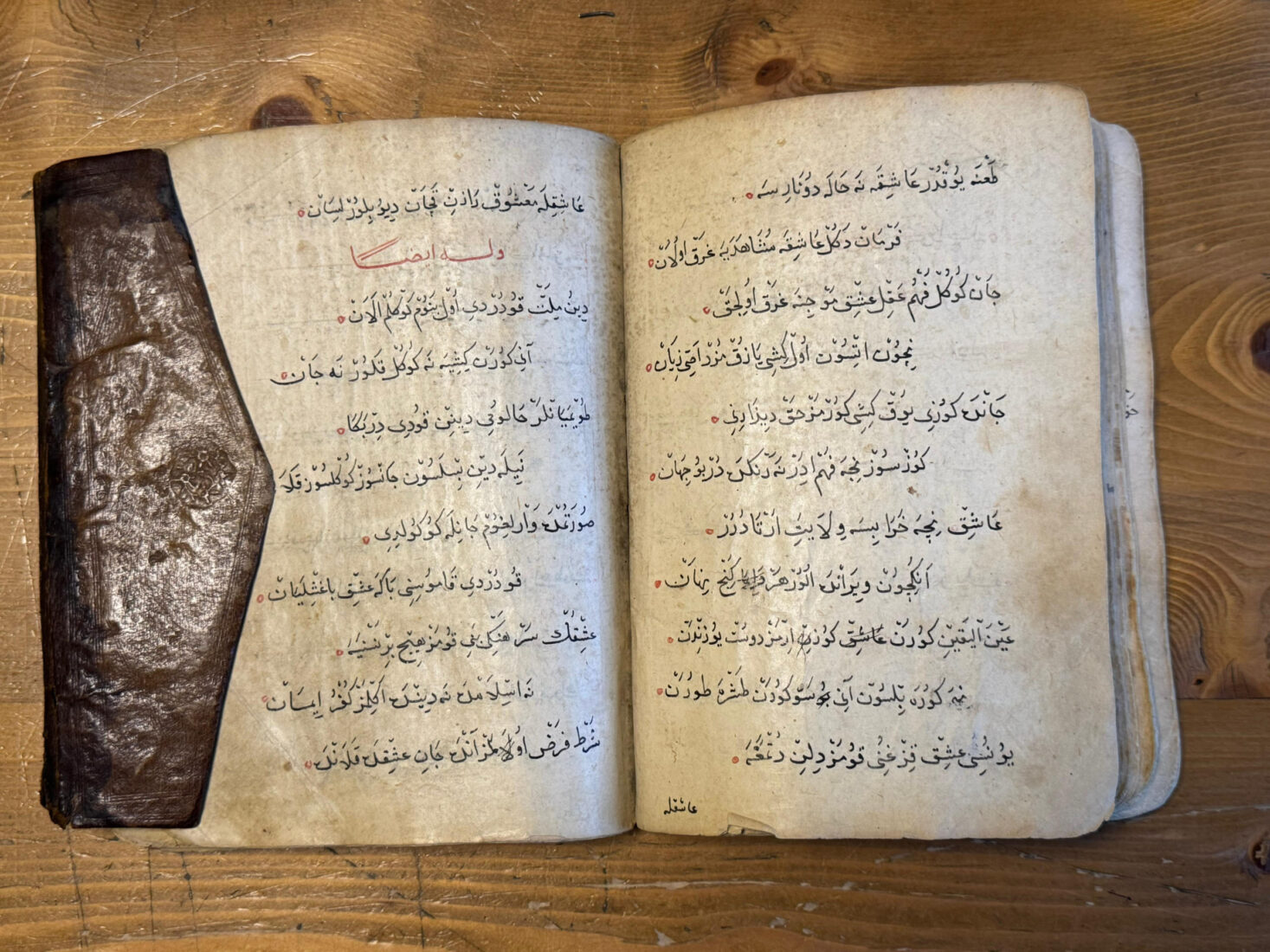
Yunus Emre’s ‘Divan’ to be sold at auction
The rare manuscript of Yunus Emre’s “Divan,” the earliest known copy dating back nearly 700 years, is set to be sold at a public auction. Phebus Auction, which is organizing the sale on Nov. 24, has set an opening bid of $50,000.
The manuscript has been in the hands of a private family for generations, and the auction house insists that the manuscript’s ownership is legitimate.
Yet, some scholars argue that the manuscript is a stolen piece of cultural heritage. They claim it once belonged to Sheikh Bekir Efendi, the head of the Kiriscioglu Foundation, and was entrusted to a family under the condition that it would be returned. They argue that the Turkish government should intervene and retrieve the manuscript before it is sold abroad.
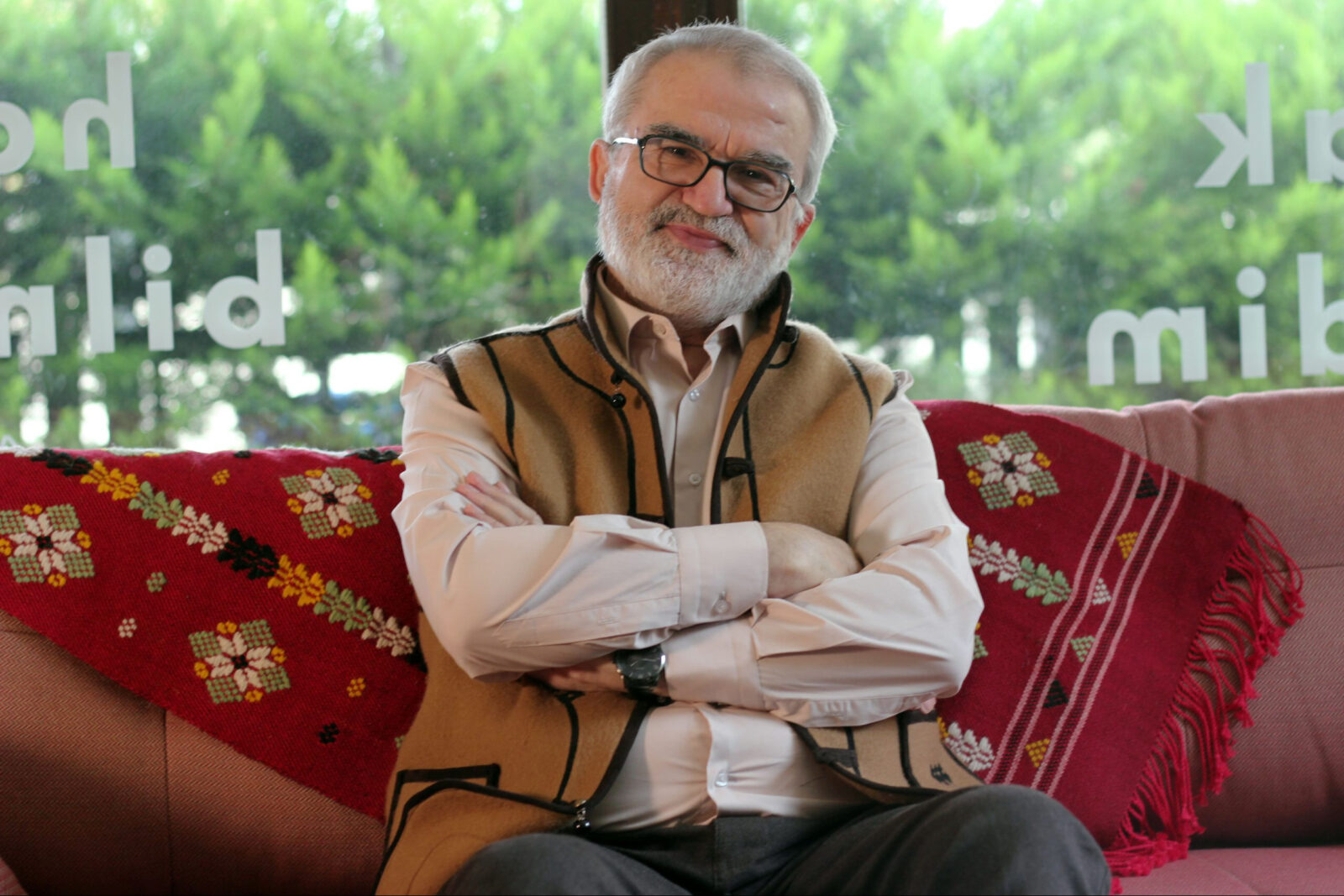
Experts claim manuscript should be returned to Türkiye
Professor Mustafa Tatci, one of the scholars challenging the sale, told us that the family had taken the manuscript from Sheikh Bekir Efendi but had failed to return it after his death. Tatci cited an article written by Azmi Avcıoglu in 1940, in which it is stated that the manuscript was entrusted to the family but was never returned.
“The family is obliged to return the manuscript to an institution like the Millet Library,” Tatci explained, adding that the manuscript’s preservation could be better managed by the government. He also pointed out that many important manuscripts from Türkiye’s libraries have been sold abroad in the past, with some still located in libraries like the one in Venice.
Auction house denies ownership claims
However, Phebus Auction’s director, Sukru Oral, refutes these accusations. He emphasized that there is no evidence proving the manuscript belongs to anyone else. “The family has been in possession of this manuscript for over a hundred years,” Oral said.
“They want to sell it through our auction, and there is no legal proof of theft. If someone else claims ownership, they must provide proof and file a lawsuit. As of now, there has been no lawsuit filed against us.”
Oral also rejected informal requests from government officials to withdraw the manuscript from the auction, comparing the situation to the famous Dreyfus Affair. He stated, “If this were an auction in the U.K., there wouldn’t be any issues like this.”
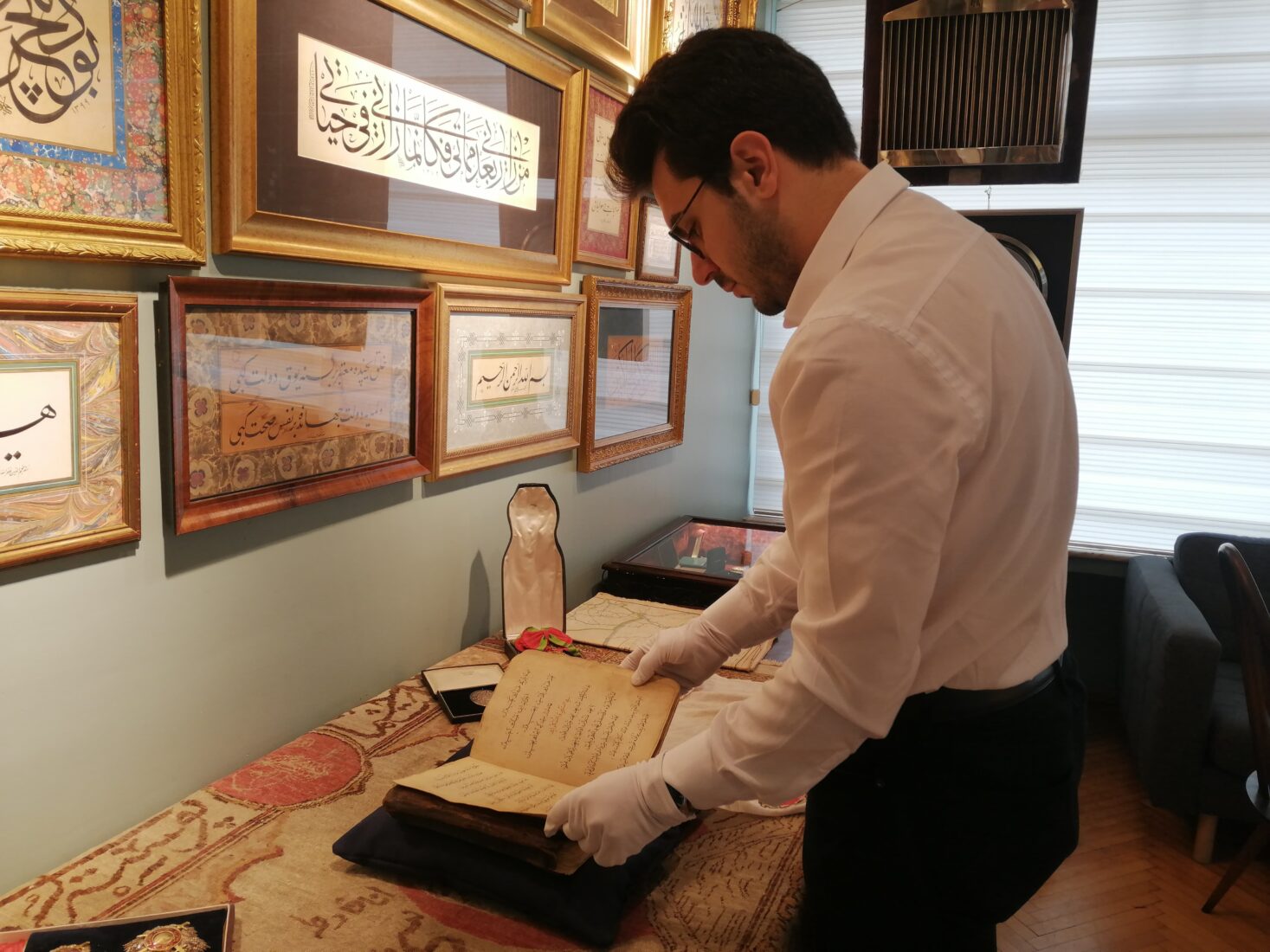
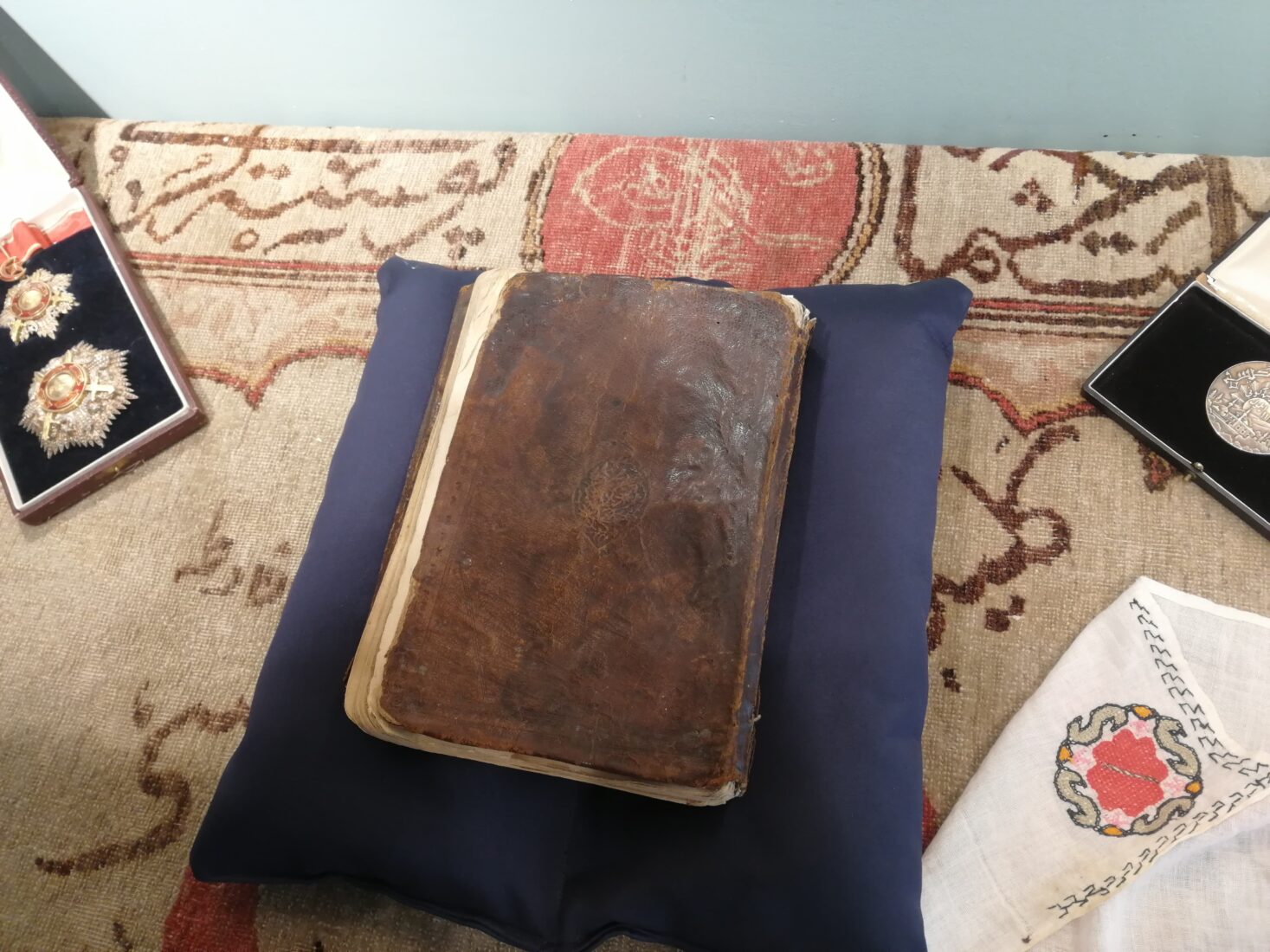
Call for Ministry of Culture to participate in auction
Oral also suggested that the Ministry of Culture and Tourism could participate in the auction and purchase the manuscript to keep it in Türkiye.
“If the Ministry of Culture, municipalities, public museums, or private museums join the auction, the manuscript would remain in Türkiye,” he said. “If auction houses are banned from selling such works, it will only increase the number of illegal sales.”
He stressed that Türkiye faces significant difficulties in acquiring historical artifacts, citing how owners of such items are often hesitant to sell them within the country due to fears of confiscation.
“Some historical manuscripts, including rare ‘Mesnevi’ texts, are kept abroad because owners fear they will be seized if brought to Türkiye,” Oral said.
Challenge of preserving Türkiye’s heritage
Oral also criticized the bureaucratic hurdles surrounding the import of historical artifacts into Türkiye. He believes that the current atmosphere, created by the Ministry of Culture, has unintentionally led to an increase in illicit art trafficking.
“While I don’t think the ministry is acting deliberately, the system encourages illegal sales,” he argued.
As the debate continues, the fate of Yunus Emre‘s “Divan” remains uncertain. The manuscript’s sale at auction is a crucial moment for the preservation of Türkiye’s cultural heritage, with many calling for the government to act before it is sold outside the country.



